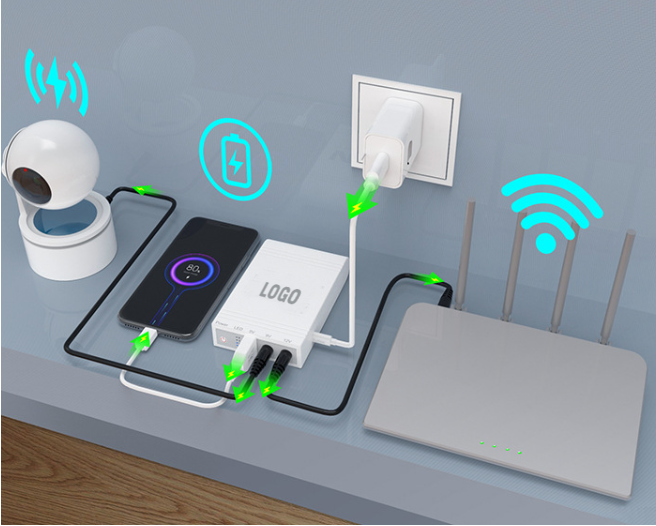Table 1: Outline of the Article
- Introduction
- Brief about UPS power bank
- Importance in today’s world
- What is a UPS Power Bank?
- Definition and basic functionality
- Types of UPS Systems
- Standby
- Line-interactive
- Double-conversion
- Why Do We Need UPS?
- Power outages and their impact
- Protecting sensitive equipment
- Benefits of Using a UPS
- Continuous power supply
- Surge protection
- Data loss prevention
- How Does a UPS Work?
- Basic working principle
- Battery operation
- Choosing the Right UPS for Your Needs
- Capacity considerations
- Runtime requirements
- Maintenance and Care
- Regular checks
- Battery replacement
- Common Misconceptions About UPS
- Myths and their debunking
- Future of UPS Systems
- Technological advancements
- Eco-friendly options
- Conclusion
- FAQs
Table 2: Article
Understanding UPS Power Bank: A Comprehensive Guide
Introduction Have you ever been in the middle of an important task on your computer and suddenly, the power goes out? It’s frustrating, isn’t it? This is where UPS power banks come into play. In our tech-driven world, the importance of uninterrupted power cannot be overstated.
What is a UPS Power Bank? A UPS, or Uninterruptible Power Supply, is a device that provides emergency power to a load when the main power source fails. It ensures that there’s no interruption, even for a brief moment, in the power bank to the connected devices.
Types of UPS Systems There are primarily three types of UPS systems:
- Standby: Waits in standby mode and switches to battery power when a power outage occurs.
- Line-interactive: Regulates minor power fluctuations without switching to battery.
- Double-conversion: Always runs on battery power, ensuring maximum protection.
Why Do We Need UPS? Power outages can be detrimental, especially to sensitive equipment like servers or medical devices. A sudden loss of power can lead to data loss or even hardware damage. UPS systems ensure that such devices remain operational, even in the face of power interruptions.
Benefits of Using a UPS Some of the key benefits include:
- Continuous power supply: No more interruptions during crucial tasks.
- Surge protection: Protects devices from power surges or spikes.
- Data loss prevention: Gives you time to save your work and shut down safely.
How Does a UPS Work? At its core, a UPS switches to its internal battery when it detects a power loss. This transition is seamless, ensuring that the connected devices continue to operate without any hitches.
Choosing the Right UPS for Your Needs When selecting a UPS, consider its capacity (how many devices you’ll connect) and the runtime (how long you need backup power). Always choose a UPS that exceeds your requirements to account for future needs.
Maintenance and Care Like all devices, UPS systems require regular maintenance. This includes checking for any wear and tear and replacing batteries as needed.
Common Misconceptions About UPS Some believe that all UPS systems are the same or that they can power a house. It’s essential to understand the capabilities and limitations of a UPS to make an informed decision.
Future of UPS Systems With technological advancements, we can expect UPS systems to become more efficient, have longer battery lives, and be more eco-friendly.
Conclusion In our increasingly digital world, UPS power supplies are not just a luxury but a necessity. They ensure our devices remain operational, protect against potential damage, and prevent data loss.
FAQs
- How long can a UPS provide power?
- It varies based on its capacity and the load connected. Some can last a few minutes, while others can last several hours.
- Can I connect my entire house to a UPS?
- No, UPS systems are designed for specific devices or setups, not entire households.
- How often should I replace the UPS battery?
- Typically, every 3-5 years, but it depends on usage and the specific model.
- Is a UPS the same as a surge protector?
- No, while a UPS does offer surge protection, its primary function is to provide backup power.
- Can a UPS save my work during a power outage?
- Yes, it gives you enough time to save your work and shut down your computer safely.



